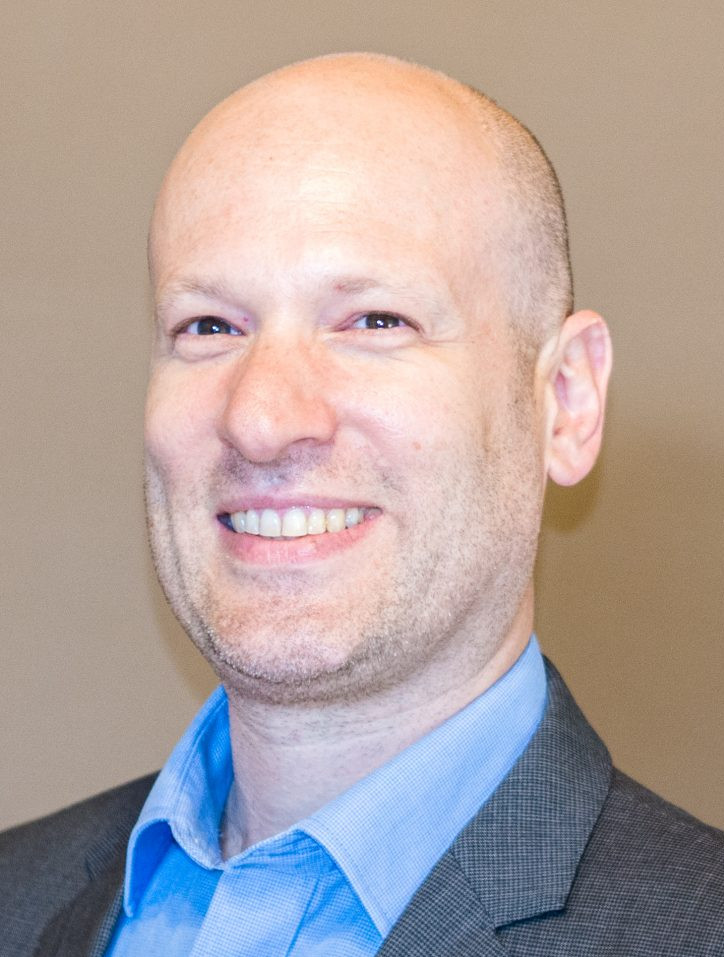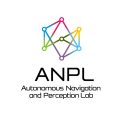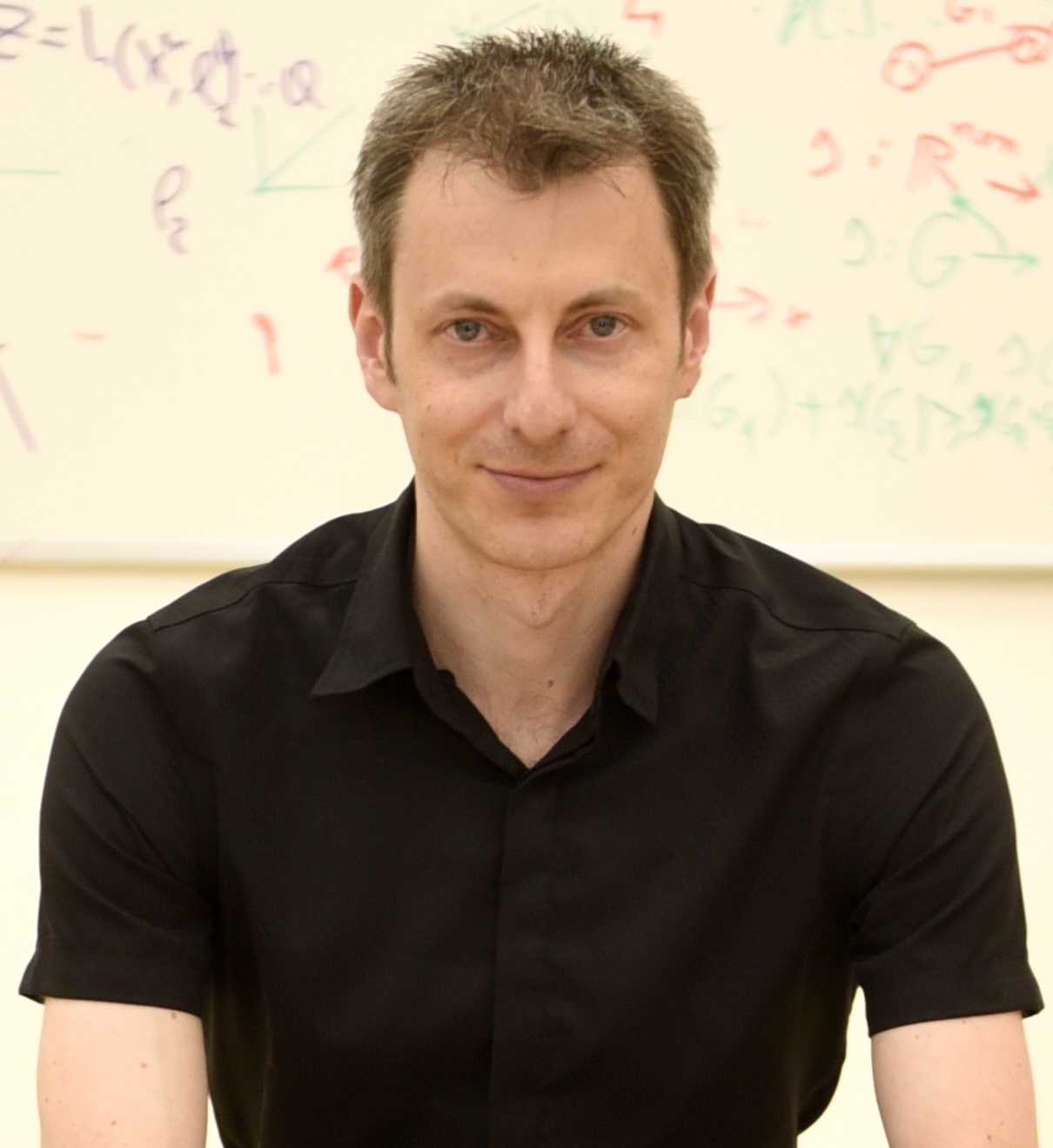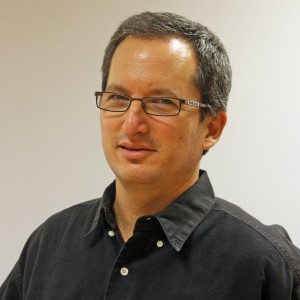The PFCL hosts all the GNC related research groups and labs within the Faculty of Aerospace Engineering
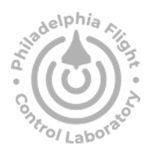 •
•
 Group leader:
Group leader:Moshe Idan Idan Group
Currently, my research efforts and contributions are concentrated in two main areas:
(a) estimation and control of stochastic systems with non-Gaussian noises, and (b) low cost control and estimation systems for remotely piloted vehicles. Specifically, I work on robust, adaptive and nonlinear control of aerospace systems, for example, control of highly flexible and over-actuated aircraft, control of a team of multi rotors for slung load transportation, terrain following and more.
 •
•
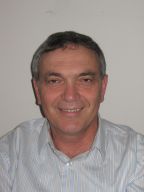 Group leader:
Group leader:Yossi Ben Asher Ben-Asher Group
My main field of research is Optimal Control Theory essentially from the Calculus of Variations point of view, following the path of my teacher H. J. Kelley. Thus gradient methods, adjoint analysis, singular perturbations, singular control, etc. are all topics in my research works. Modern direct optimization tools are also employed for this purpose in mine and my students’ work, such as collocation and pseudo-spectral methods.
The applications of the theory to real aerospace problems have been at the center of my attention. It includes some major problems in atmospheric flight (e.g. minimum time to fly between points; minimum time to climb)), in rocket performance (Goddard problem, maximal rocket range), in missile guidance (Proportional Navigation, Linear Quadratic Pursuit-Evasion games) and more.
The main threats of the country are ballistic missiles (especially with nuclear warheads) and rockets. The challenges are to provide nearly hermetic defense against the former and cost effective defense against the later. Most of my graduate students come from the aerospace industry (Rafael, Elbit, IMI and IAI) and are involved in this national effort. We direct our research work toward solving problems arising in their industrial activities. Some of our research results have been incorporated in new missile defense systems.
 •
•
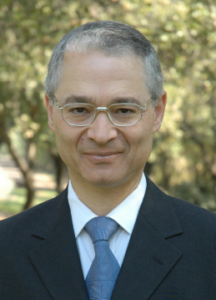 Group leader:
Group leader:Yaakov Oshman Oshman Group
Information Fusion, Optimal Estimation and Control, applications to Aerospace Systems.
Particular interests: Guidance, Navigation and Control (GN&C) systems; interdisciplinary aerospace systems: structural estimation and control, health monitoring/Fault Detection and Isolation (FDI) systems; Flow Control.
 •
•
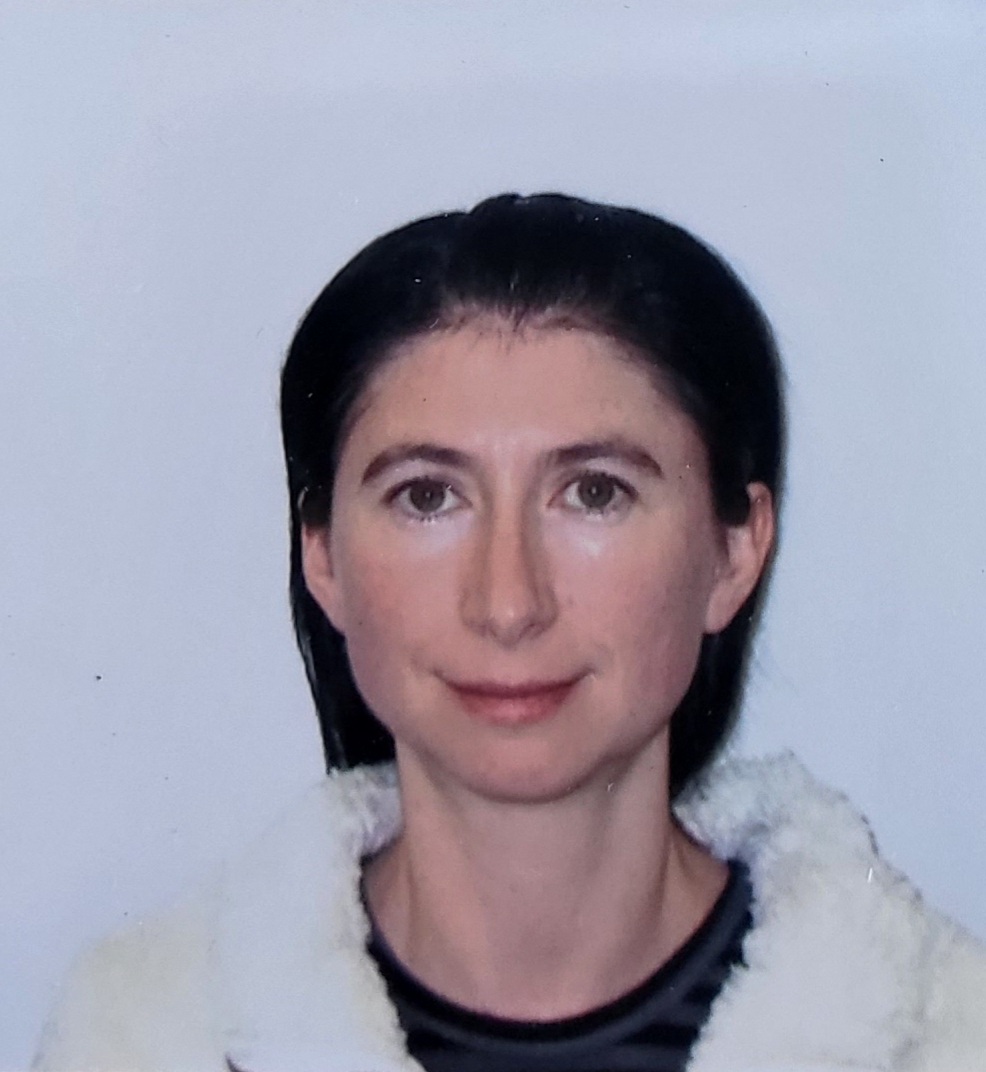 Group leader:
Group leader:Anna Clarke Clarke Group
My current research includes three main directions: (1) Autonomous vehicles operating in urban environments: applying existing algorithms and developing new ones to solve currently open problems of autonomous driving. (2) Human motor learning theoretical and experimental investigation from control engineering perspective: the goal is verifying and extending a number of novel hypotheses related to human motor equivalence (also known as Bernstein’s Degrees-of-Freedom problem). This research includes modeling of various challenging sports and activities, tracking and analyzing human movements while performing these activities, and developing mathematical tools to gain a thorough insight into the skill acquisition process, sports technique and performance, and interaction between the body and environment. (3) Human-Machine Interaction: training motor and perception skills in Virtual Reality simulators and by the means of Augmented Reality aids. The novelty is in the computation of visual cues displayed to trainees: the cues are extracted from an autonomous system acting beside the trainee in real time and trying to achieve the same task. Thus, the focus is on designing control systems with human-in-the-loop, and investigating perception-action coupling.
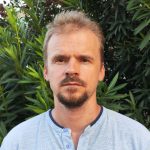 •
Nikolaev Group
•
Nikolaev Group
My fields of research are in the design and analysis of adaptive control, robust control, parameter estimation, and observer synthesis, with a primary focus on advanced techniques for nonlinear, linear time varying (LTV) systems and systems with unknown parameters.
Current Research Directions:
1. Adaptive Observer Synthesis for Nonlinear & LTV Systems – development of adaptive observers that jointly estimate state and unknown parameters in linear, nonlinear, time-varying systems, using methods such as GPEBO (Generalized Parameter Estimation-Based Observer) and Lyapunov-based convergence analysis.
2. Parameter Estimation & Observer-Based Adaptive Control – real-time estimation of unknown system parameters is a basic problem in control theory. The modern and classical approaches such as recursive least squares, gradient descent are used. These estimates feed directly into adaptive controllers to improve system performance under uncertainty.
3. Fault Detection & Fault-Tolerant Control – fault detection and isolation in technical systems based on observer synthesis is an actively developing area in the last decade.

